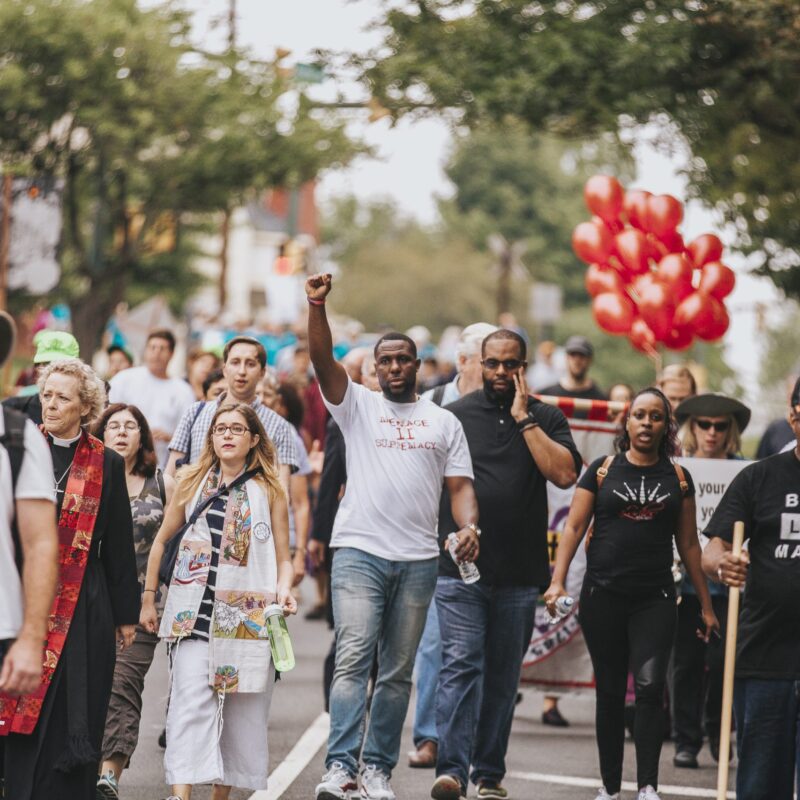Some journalistic traditions deserve to endure: coverage of season-opening football games, jokes at the expense of millionaire rock bands, exasperation at callers who want to pitch stories about Charlotte. But there are certain stories we’d be glad to surrender to history. One example: the dire needs of people who don’t have health insurance who depend on emergency management, volunteers and charitable giving for treatment. Stop the cycle. After 20 years, we want to get off.
Paging through the archives
“In the early 1990s, Nadkarni and Paul Demarco, both medical residents at UVA at the time, decided they were seeing too many patients ravaged by the later stages of diseases like cancer or diabetes. These people could have been spared a lot of suffering, Nadkarni thought, if they had been able to see a doctor earlier.
 |
“The problem was health insurance. Without it, Nadkarni says, people got by without care until they became extremely sick. Then they checked themselves into the emergency room, which by law cannot turn patients away for financial reasons.
“The two doctors decided to start a free clinic, and the idea almost immediately became something of a local cause celebre. Nadkarni and Demarco (who now practices in rural South Carolina) met with local lawyer Leigh Middleditch, who helped the doctors assemble an all-star community advisory board with well-connected leaders like minister Rev. Alvin Edwards, Gordon Walker, head of the Jefferson Area Board for Aging, Albemarle County Supervisor David Bowerman and City Sheriff Cornelia Johnson.
“When the clinic opened in 1992, it had $75,000. Today, the free clinic’s donor list takes up nine pages in its 2003 annual report and reads like a Who’s Who of Central Virginia. Last year, 42 percent of the clinic’s $483,453 budget came from donations by private individuals. Now, it has about 150 volunteer doctors, nurses, dentists and pharmacists and about 300 lay volunteers. Ten years ago, however, Nadkarni thought the clinic would soon be obsolete.
“‘The Clinton health care reform plan was being debated. We were hoping there would soon be some form of national health insurance. One of our goals was to be out of business,’ Nadkarni says.
“Since then, however, the political pendulum has swung away from health care reform. Now the ranks of the uninsured are growing—in more ways than one.”—John Borgmeyer, January 13, 2004
Getting covered
|
September 23, 2003 |






